Jacqueline Fernandez’s Mumbai Residence Engulfed in Fire: No Injuries Reported!
-
Entertainment

Indian actress Rakul Preet and Jackie Bhagnani’s first glimpse after their wedding
The first picture after the wedding of famous Bollywood actor Jackie Bhagnani and actress Rakul Preet Singh is out. According…
Read More » -

-

-

-

-
Politics

Princess Sheikha Mehra and Sheikh Mana are expected to have a baby girl.
Princess Sheikha Mehra Al Maktoum, daughter of the Vice President and Prime Minister of the United Arab Emirates, Sheikh Mohammed…
Read More » -

-

-

-

-
Sports

Navigating Grief and Resilience: Rebecca Adlington’s Courageous Journey
In a heartbreaking revelation, former Olympic swimmer Rebecca Adlington recently shared the devastating news of the loss ....
Read More » -

-

-

-

-
Technology

Famous personalities are expected to attend the wedding of Mukesh Ambani’s younger son
The list of guests attending the pre-wedding celebrations of Indian businessman Mukesh Ambani’s younger sons Anant Ambani and Radhika Merchant…
Read More » -

-
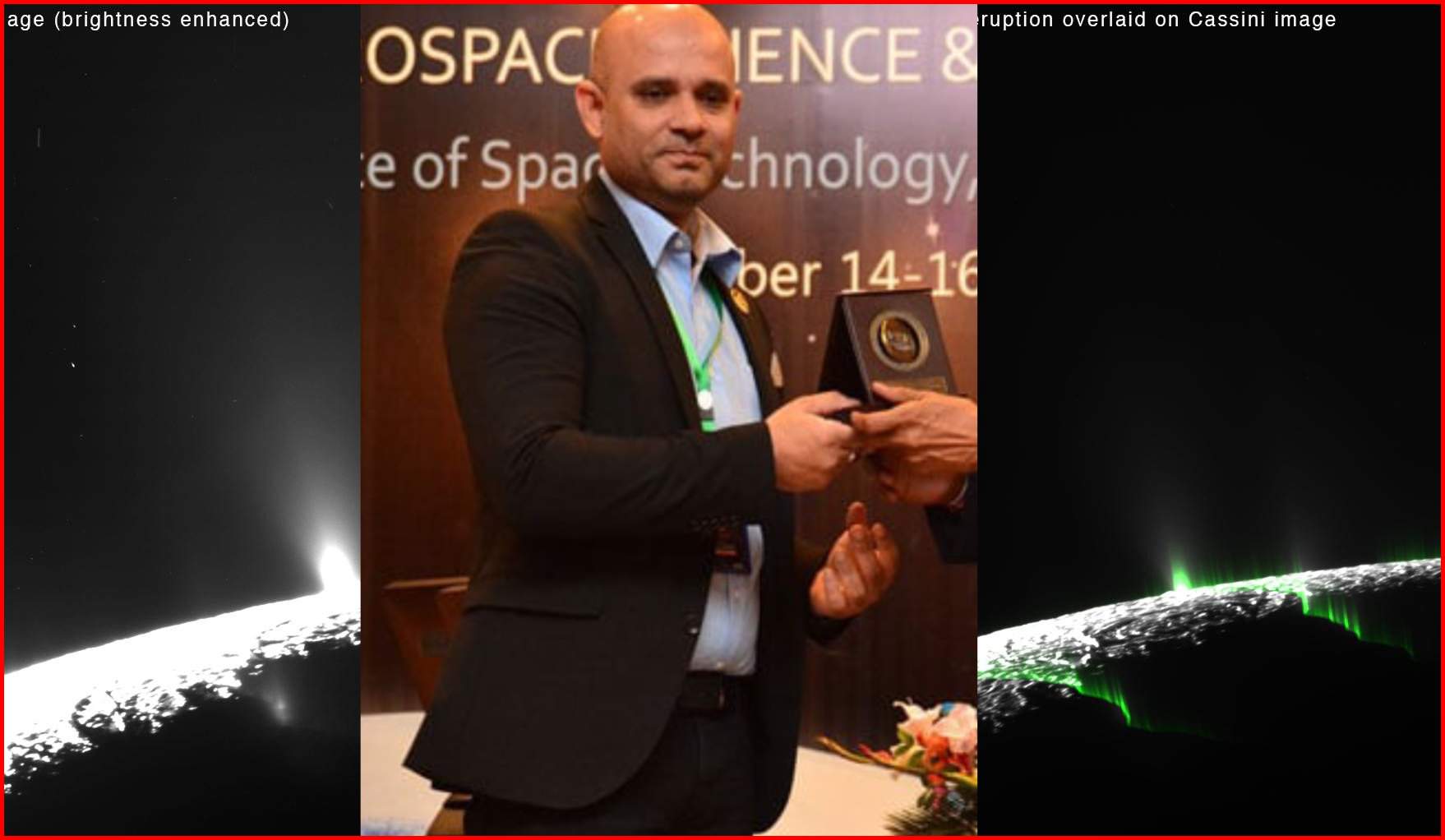
-

-

Famous Youtubers
Lilly Singh

Biography Lilly Singh, who was born in Toronto, Canada on September 26,…
Eva Zu Beck

Biography Take a virtual journey with us as we explore the fascinating…
Ducky Bhai

Biography: Ducky Bhai, also known as Saad ur Rehman, is a notable…
Azad Chaiwala

Biography: Azad Chaiwala, a prominent figure in the world of entrepreneurship, YouTube,…
Isabel Paige

Explore the intriguing journey of Isabel Paige net worth, delving into her…
MrBeast

Biography One name sticks out among the rest in the wide world…
Videos
Exclusive Videos
1 / 5 Videos1
Salaar 2: Filming Begins! Latest Updates and Exciting Details | #showbiz #hollywood #tamil #telugu
03:282
#princess Sheikha Mehra and Sheikh Mana Expecting Their First Child! | #showbiz #dubai
03:283
Why did Kiara Advani marry Sidharth at her career's peak? | #showbiz #hollywood #bollywood
03:484
Ranbir Kapoor's Reaction to the Monstrous Machine Gun | #showbiz #hollywood #bollywood #biography
03:595
Top 10 Sci-Fi #movies of the 21st Century | TheTalentedWorld | #showbiz #hollywood #biography
06:01Talented World
Aitzaz Hasan | Complete Biography
Aitzaz Hasan Bangash[a] (1998/1999 – 6 January 2014) was a student from Pakistan who died on 6 January 2014 while…
Matayoshi Mitsuo | Japan’s Crazy Christ!
Mitsuo Matayoshi was a Japanese political activist known for his perennial candidacy. He was the leader and founder .......
Michel Lotito | Man who can eat everything
Michel Lotito began eating unusual material at 9 years of age, and he performed publicly beginning in 1966.....
Yoshiro Nakamatsu | Hold the world record for 3,200 inventions
Yoshiro Nakamatsu is a Japanese inventor. He regularly appears on Japanese talk shows demonstrating his inventions......
Mehran Karimi Nasseri | Lives at the Airport since 1988
Mehran Karimi Nasseri, also known as Sir, Alfred Mehran, was an Iranian refugee who lived in the departure lounge of Terminal 1 in Charles .....
Lal Bihari | The man who fought for 19 years to prove that he is alive.
Lal Bihari Mritak is an Indian farmer and activist from Amilo, in Azamgarh district, Uttar Pradesh, who was officially declared......
Ngoc – Three decades without sleep
Thai Ngoc or Hai Ngoc is an insomniac from Vietnam . According to Vietnamese news outlet Thanh Nien........
Cathie Jung | World’s smallest waist | Height, Weight, Bio & Family
Cathie Jung, holder of the Guinness World Record for the world's smallest waist since 1999. Learn about her dedication to…
-
Academia
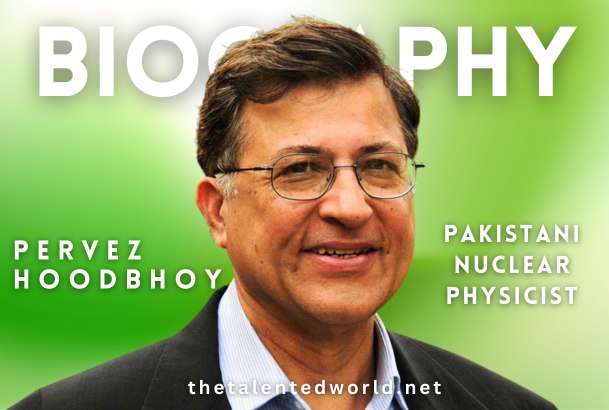
Pervez Hoodbhoy
In this article, we talk about famous Pakistani nuclear physicist Pervez Hoodbhoy biography, net worth, age, family, education, pics &…
-

-
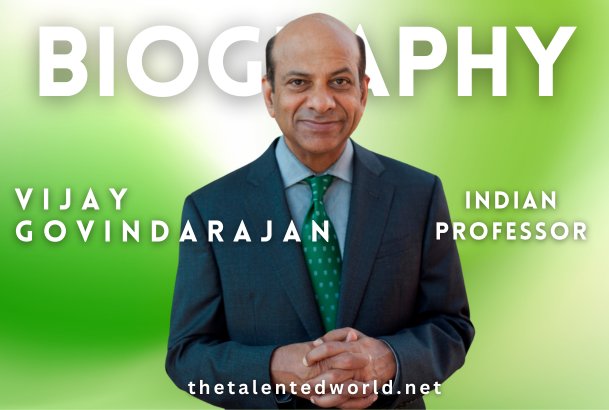
-

-

-

-

-
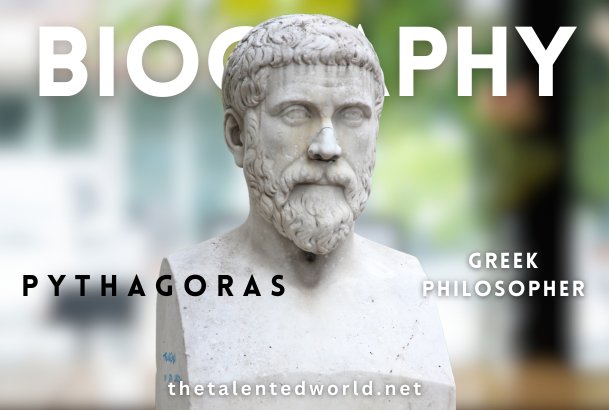
-
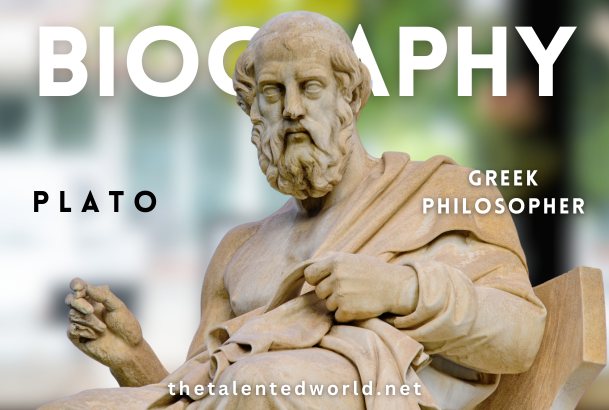
-
Activist
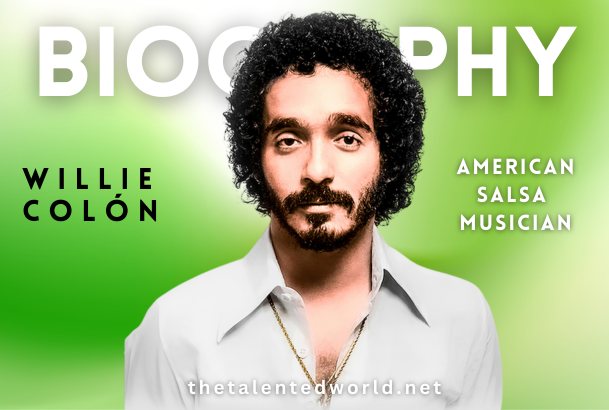
Willie Colon
Biography Willie Colon is a famous American Salsa Musician Producer, & Social Activist. He was born on April 28, 1950,…
-

-

-

-

-

-

-

-

-
Actors

Vijay Deverakonda
Introduction: Vijay Deverakonda, born in Hyderabad, India on May 9, 1989, is more than simply a name in the Indian…
-

-

-

-

-

-
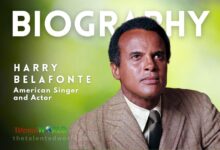
-

-

-
Businessman

Elon Musk
Biography Few names in the realm of current business legends ring as loudly as Elon Musk’s. Musk was born on…
-

-

-

-

-

-

-

-

-
Inventors

Kia Silverbrook
Introduction: Born in 1958 in Australia, Kia Silverbrook is an independent scientist and inventor who has made a lasting impact…
-

-

-
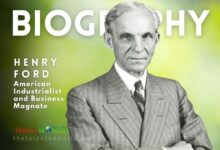
-

-

-

-

-

-
Leaders
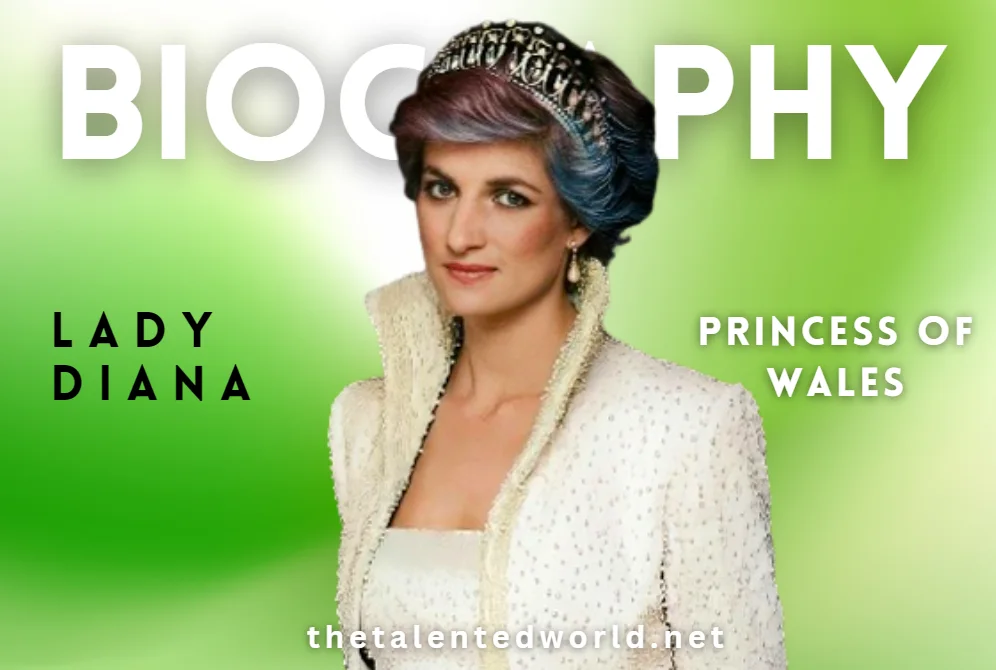
Lady Diana
Biography: Lady Diana, born Diana Frances Spencer on July 1, 1961, left an indelible mark on the world as a…
-

-

-
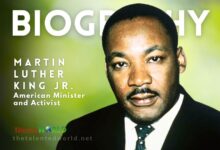
-

-

-

-

-

-
Activist

Faiza Khan
Biography Faiza Khan is a famous Pakistani Activist, curator, and visual artist. She was born in August 1975 in Abbottabad.…
-

-

-
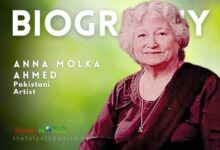
-

-

-

-
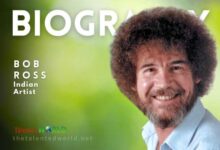
-

-
Scientists
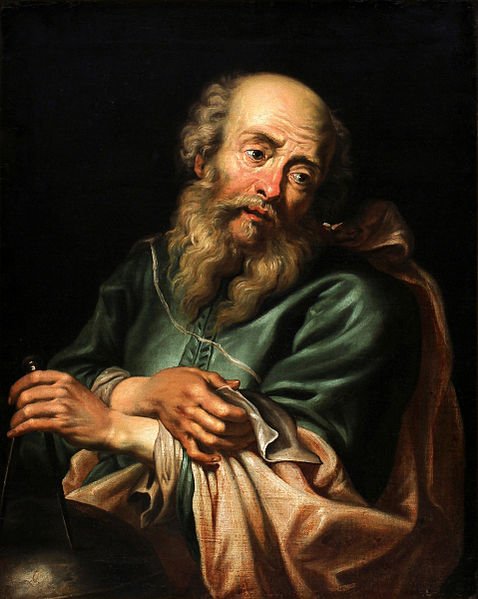
Galileo Galilei
Galileo Galilei was an astronomer, engineer, physicist & sometimes escribed as a polymath, from Pisa. His full .......
-
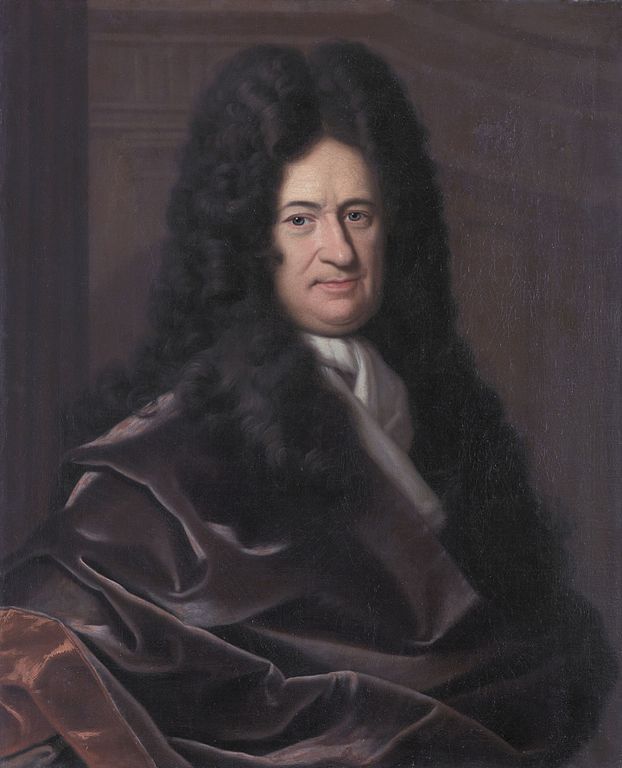
-
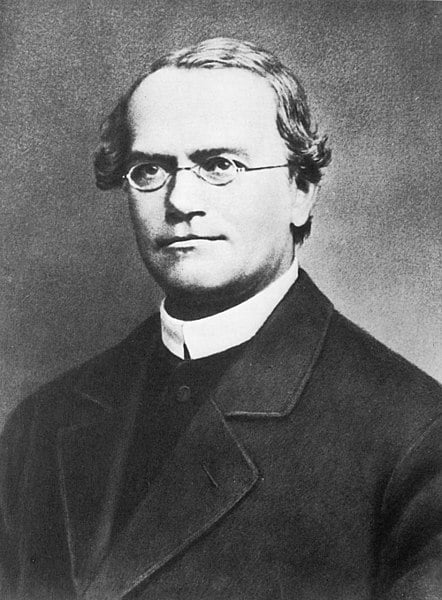
-
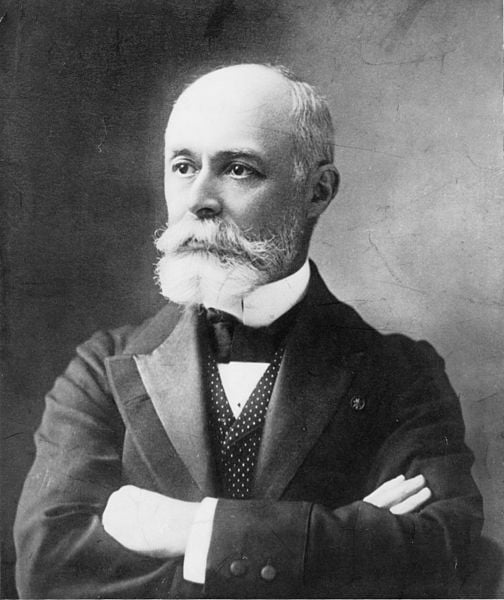
-
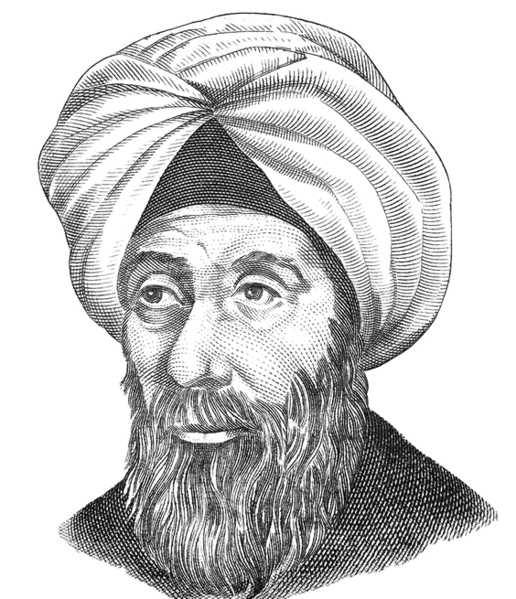
-

-

-
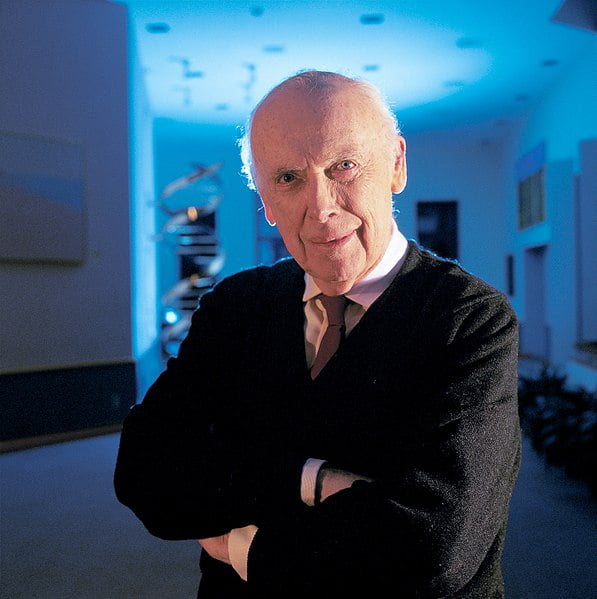
-
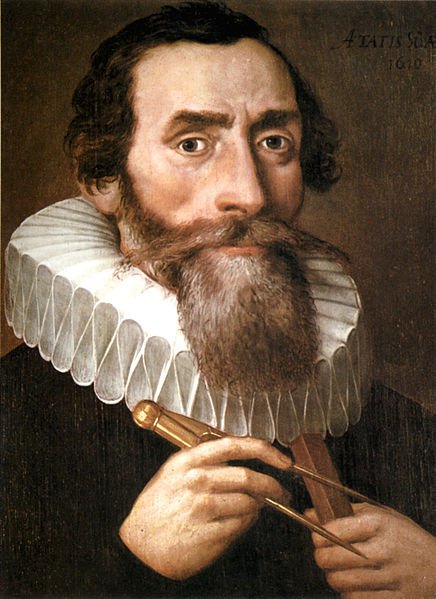
-
Singers

Garry Sandhu
Biography Garry Sandhu is a famous Indian singer rapper and songwriter. He was born on the fourth of April 1984…
-

-

-

-

-

-

-

-












